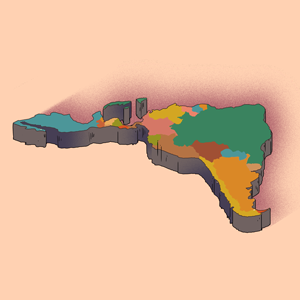Consumers will bear the brunt of tariff costs, say economists
Companies are embarking on tariff mitigation strategies.

Good morning. Consumer pricing will be top of mind for companies across sectors with the impending rollout of new tariffs.
President Trump announced on late Wednesday a comprehensive package of tariffs, including a broad 10% duty on all imports and a sliding scale of “discount reciprocal tariffs,” which actually are based on trade deficits with each nation. That includes a 34% tariff on goods from China and 20% on those from the EU, plus a raft of other high percentages for Vietnam, Taiwan, Japan, India and Indonesia, Fortune reported.
“Conventional economic wisdom would say that the tariff costs will be passed forward to consumers,” Andrew Phillips, EY global government and infrastructure economics, finance and tax leader, said during the firm’s tariff media briefing on Thursday.
“I think where competition is weaker, or margins are already tight, consumers are going to see prices move upward,” Phillips said. However, companies in industries with heavy regulation, long-term contracts, product differentiation or high margins might be less likely or able to pass forward these costs to consumers, he explained.
Although there are new tariffs, it’s still uncertain whether they will change with Trump's tendency to change or withdraw tariffs as a negotiating tactic. U.S. export-focused businesses may delay investments in hiring, waiting for tariffs to be worked out, Phillips said. And importers may not have enough confidence in the longevity of the tariffs to build facilities in the U.S. and reshore production. "It kind of ends up being a game of chess where the end is difficult to predict, and businesses may wait to see the next move before making their bets,” he said.
It becomes very tricky when tariffs are imposed on capital goods, he added. If you’re a trucker who is buying a truck this year, you’ll pay tariffs that you wouldn't have paid in any other year, Phillips explained. “It will take you years of charging higher prices to your customers to recoup that higher cost,” he said. And, if tariffs are eliminated next year or the year after, that trucker is stuck with those costs. “So, it can be a messy business,” he said.
As a result of the tariffs, imports and exports are expected to decline, and a 1% drag on GDP growth for 2025 is projected, Phillips said.
Scenarios and strategies
Ana Maria Romero, EY transfer pricing principal, said she’s seeing tax departments of companies become much more involved in understanding the impacts of tariff mitigation strategies. The tariffs announcement on Wednesday was within the range of scenarios companies have prepared for, Romero said. Most companies have working groups assessing the supply chain footprint, she explained, answering questions like: What changes can be made? What does it mean for their operating models?
A common, short-term tariff strategy is bulking up on inventory, Romero said. For the long term, some are also evaluating potential investments in the U.S.
A 25% tariff on auto imports to the U.S. went into effect on Thursday. U.S. car sales got a boost in March in anticipation of the added costs.
Ford Motor Company also announced on Thursday employee pricing for customers through June 2. But this may only be a reprieve from potentially higher prices. The new tariffs are estimated to raise the average cost of a car imported from another country by thousands of dollars. In addition, repairs for cars that currently use foreign-made parts are expected to cost more money.
See you on Monday.
Sheryl Estrada
sheryl.estrada@fortune.com
This story was originally featured on Fortune.com


![How to Find Low-Competition Keywords with Semrush [Super Easy]](https://static.semrush.com/blog/uploads/media/73/62/7362f16fb9e460b6d58ccc09b4a048b6/how-to-find-low-competition-keywords-sm.png)

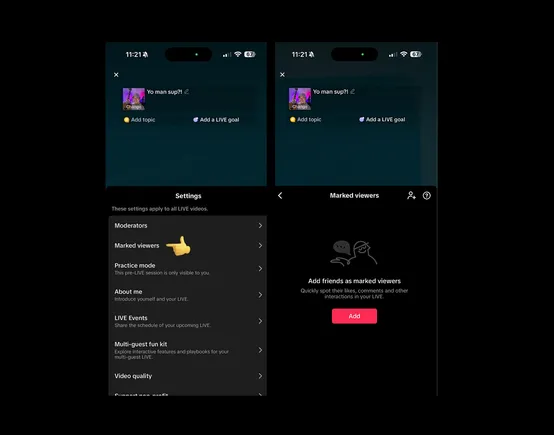




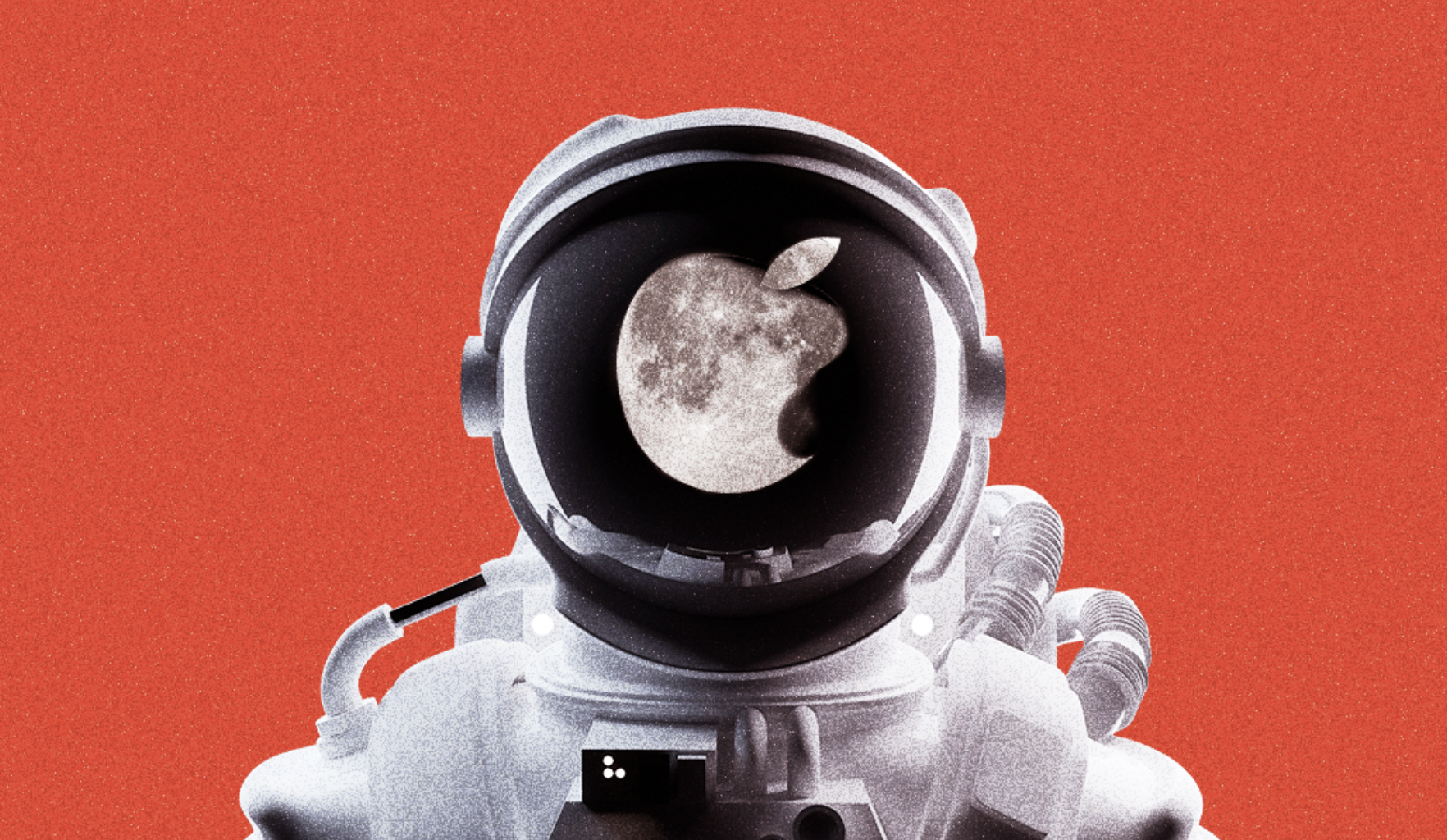














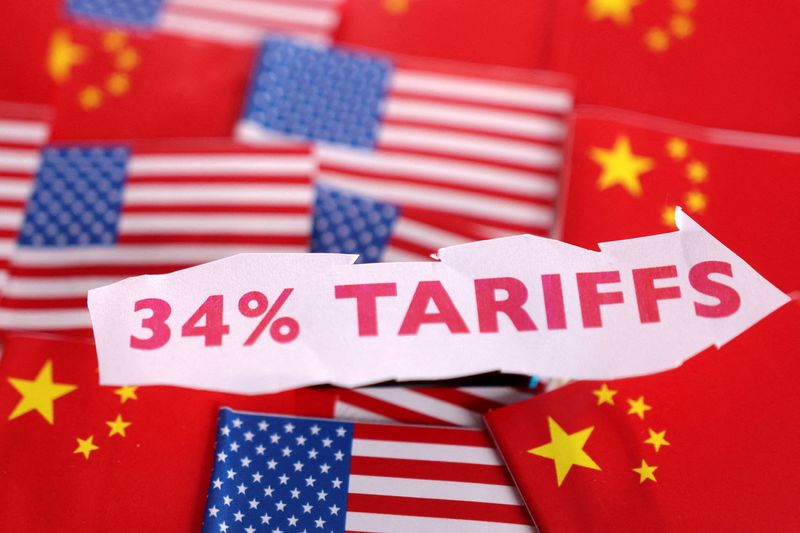
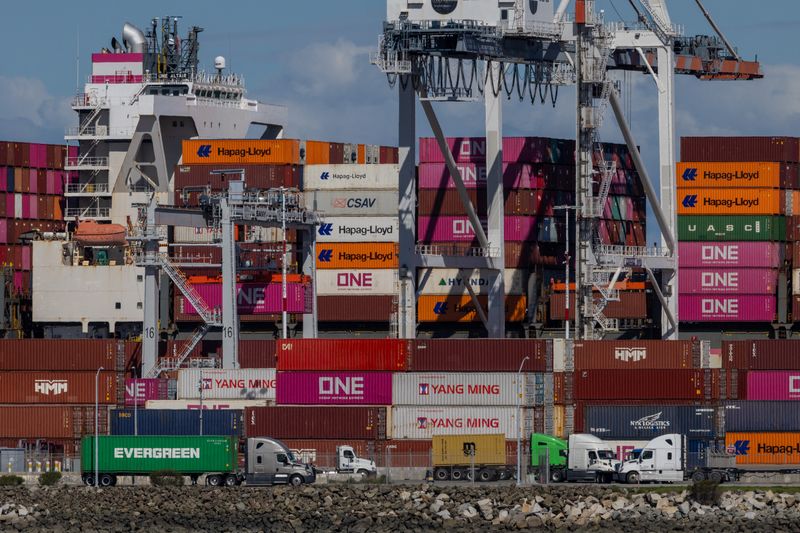
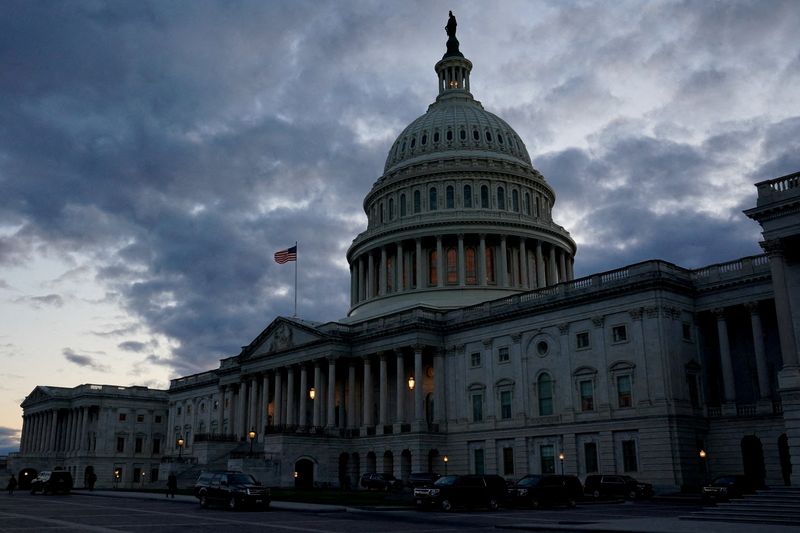
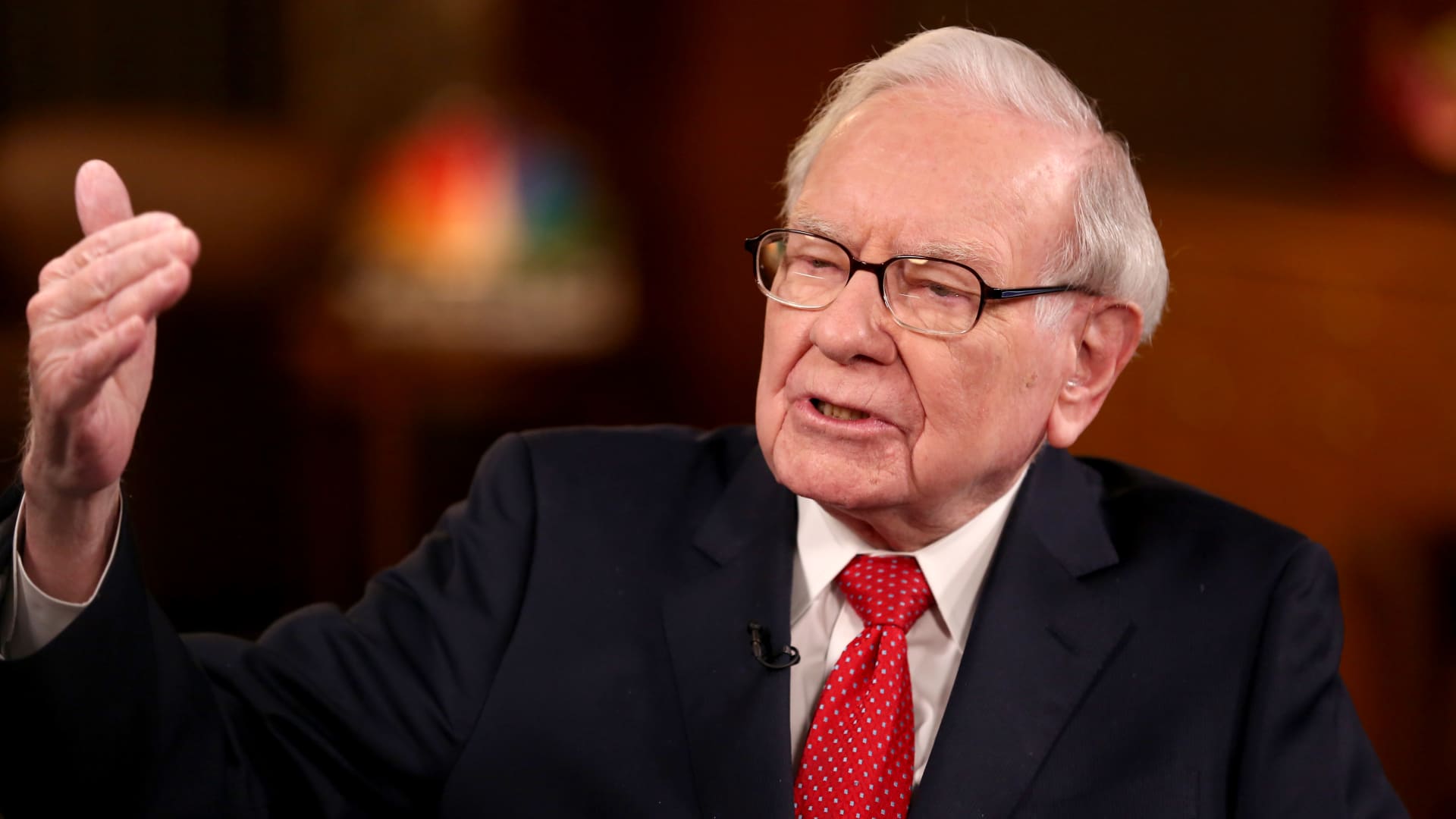















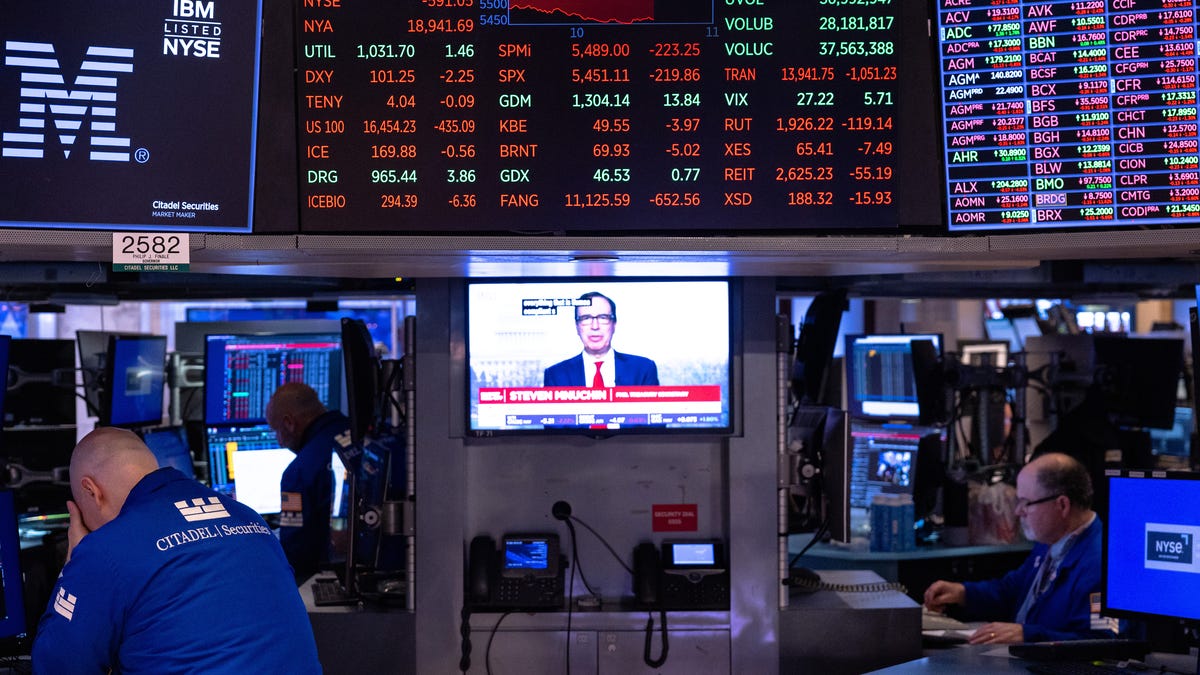





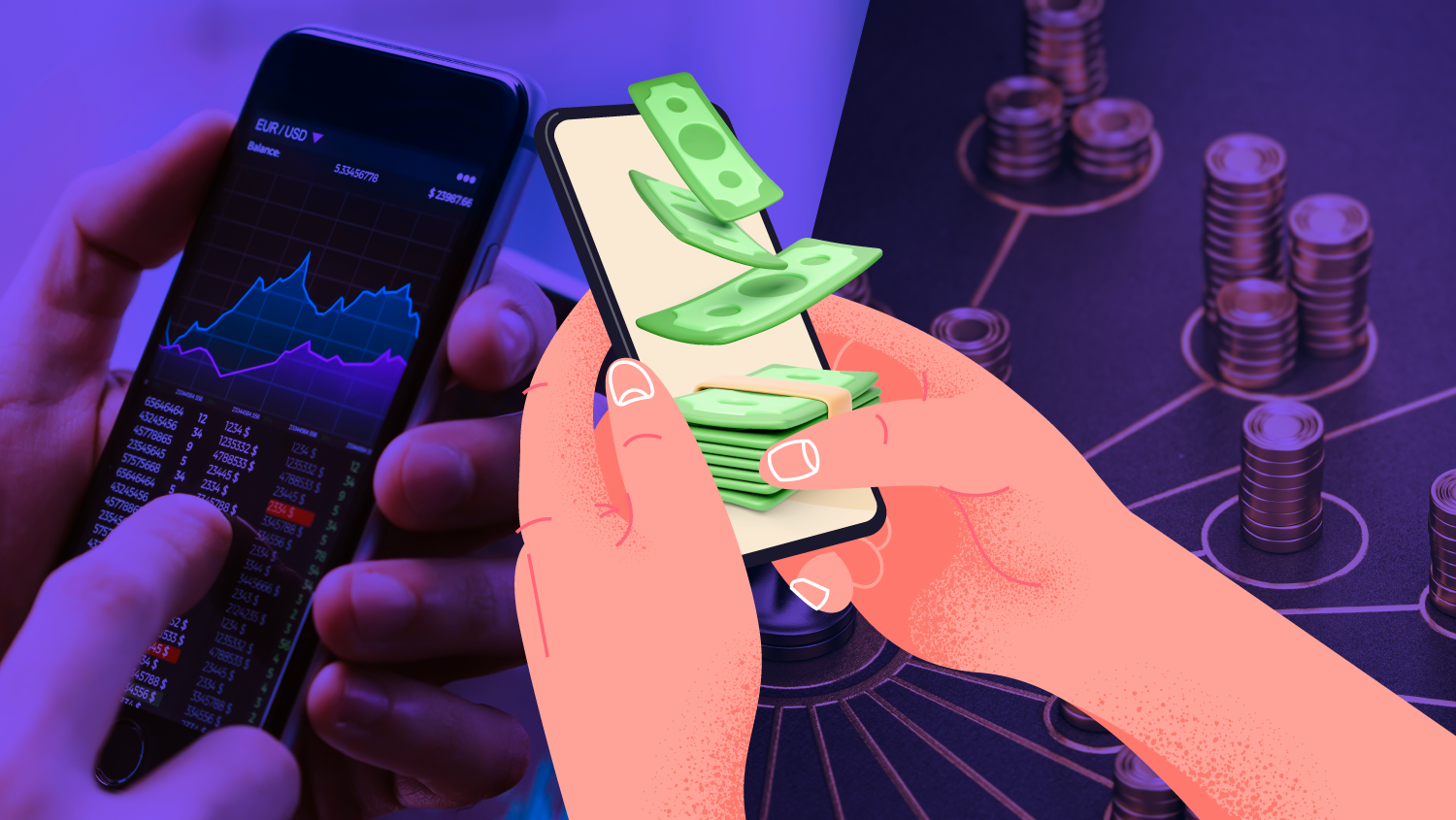







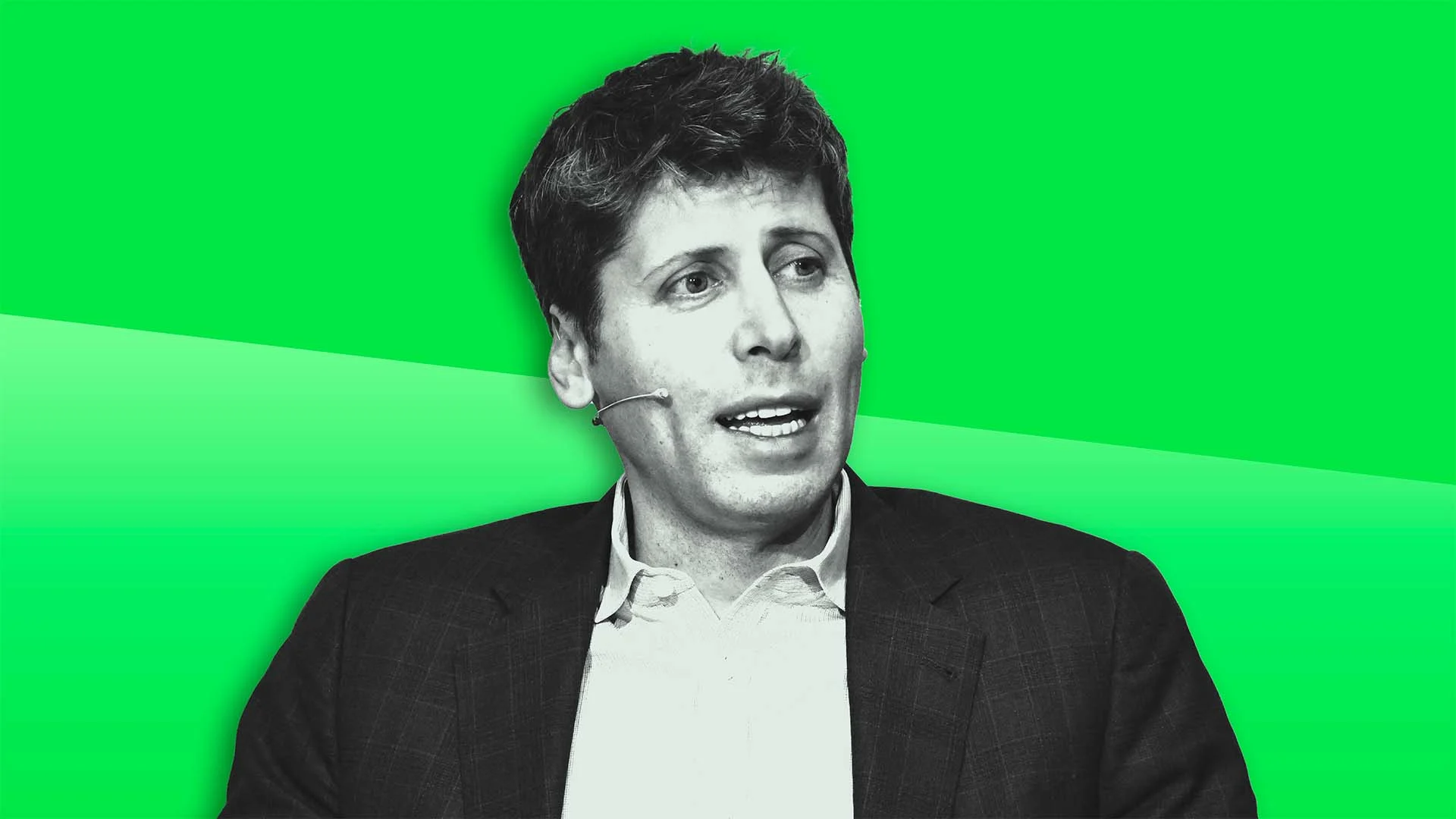

















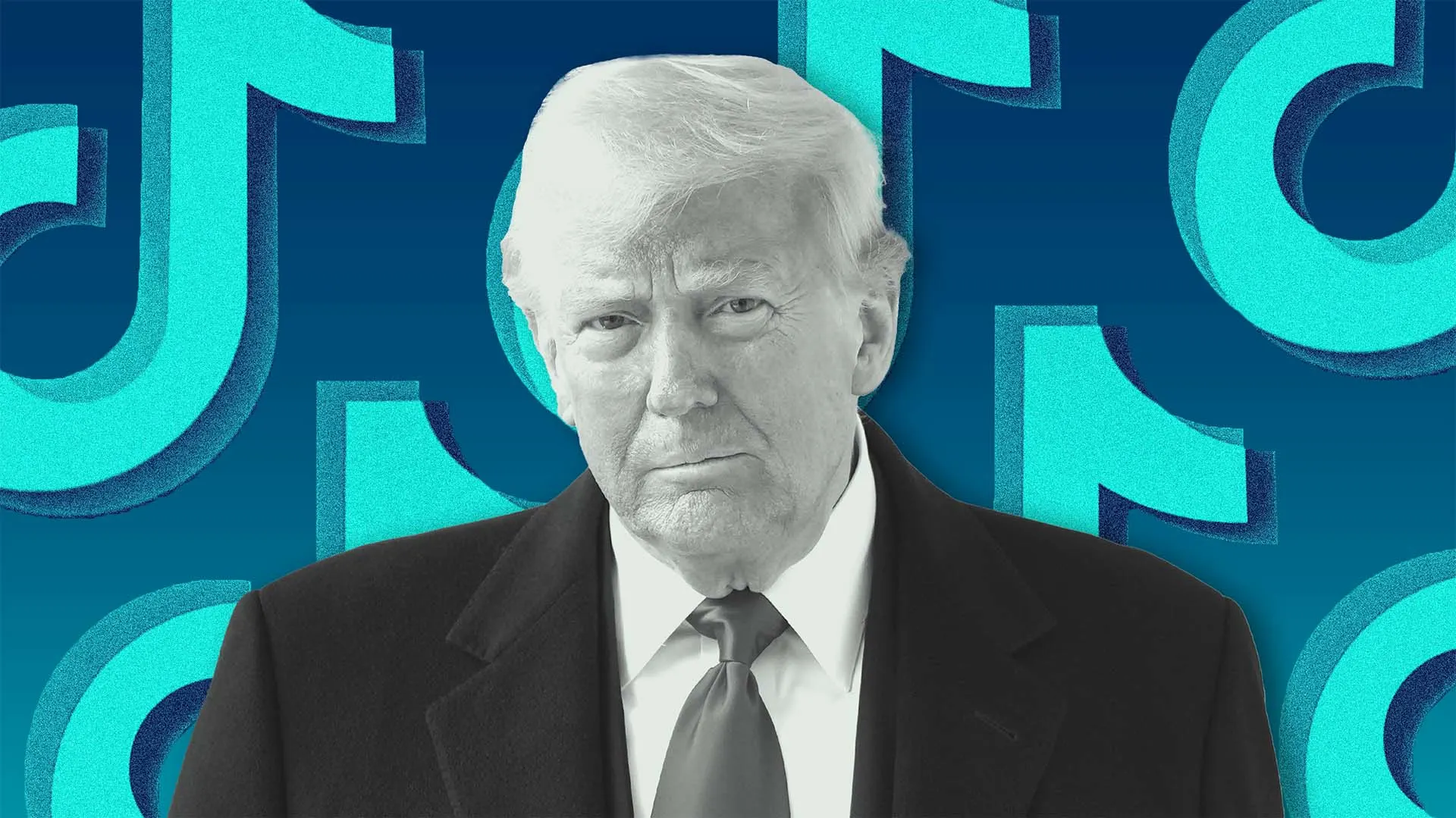












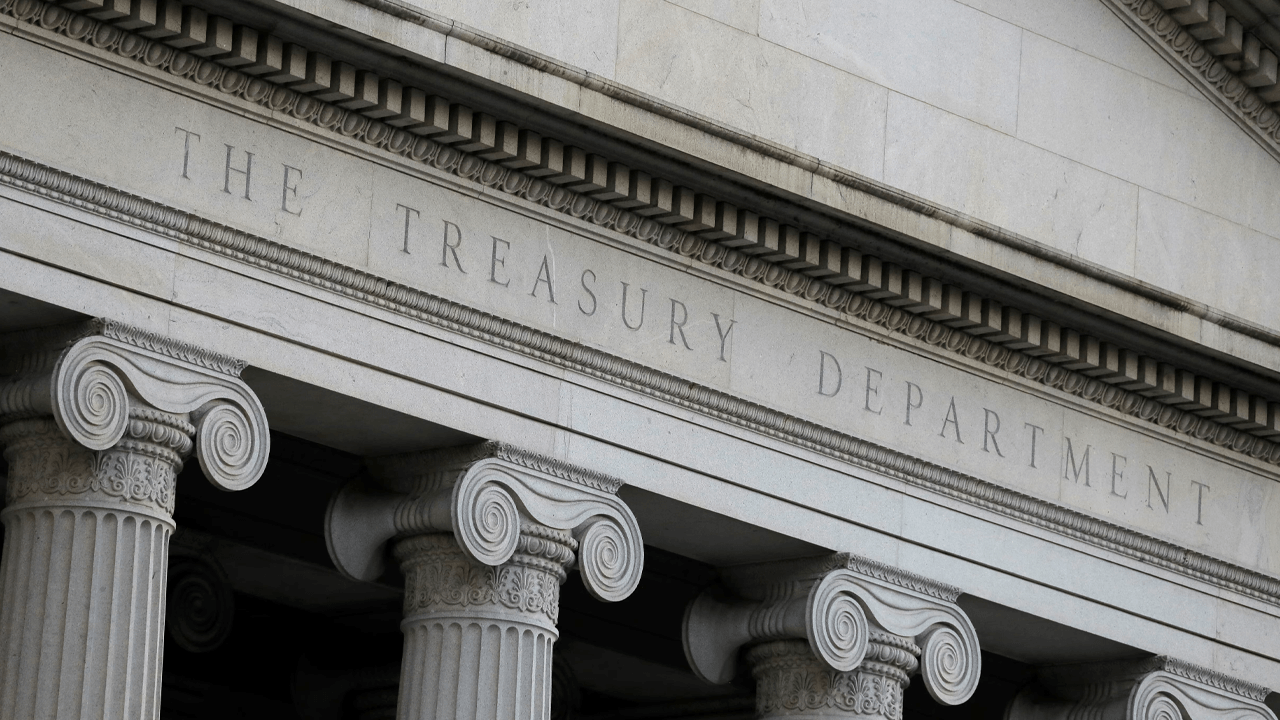



















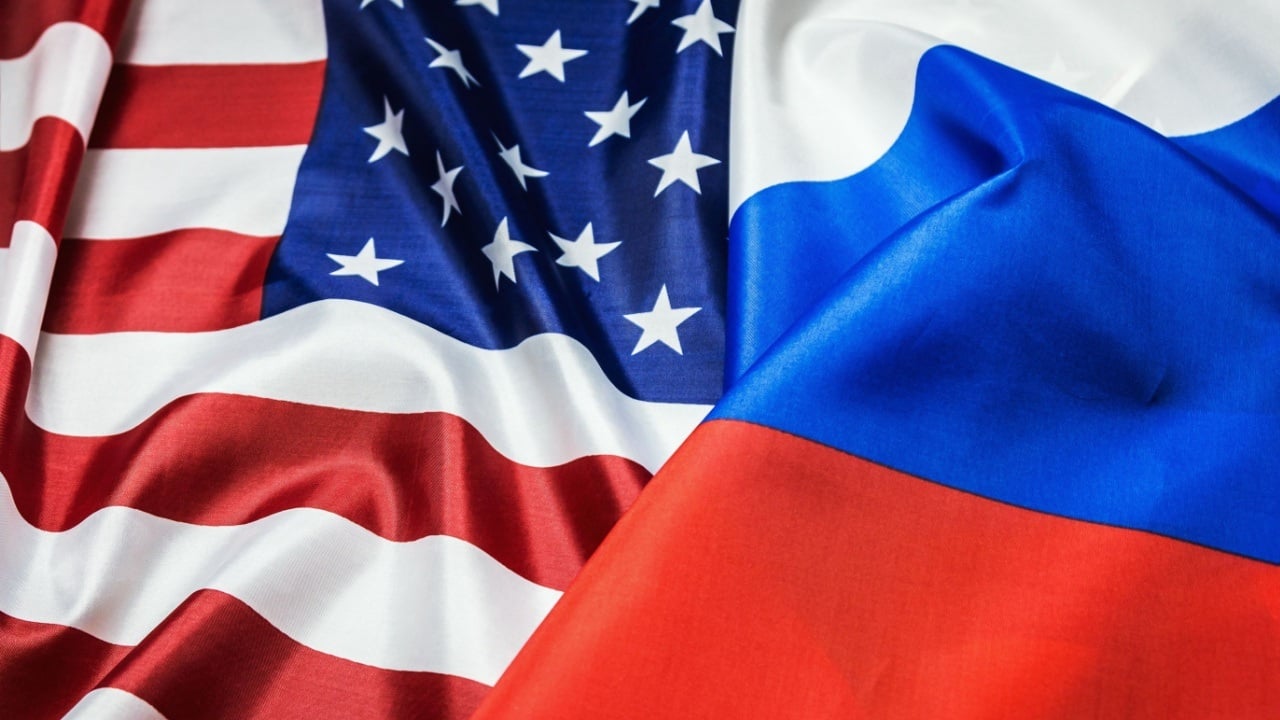

























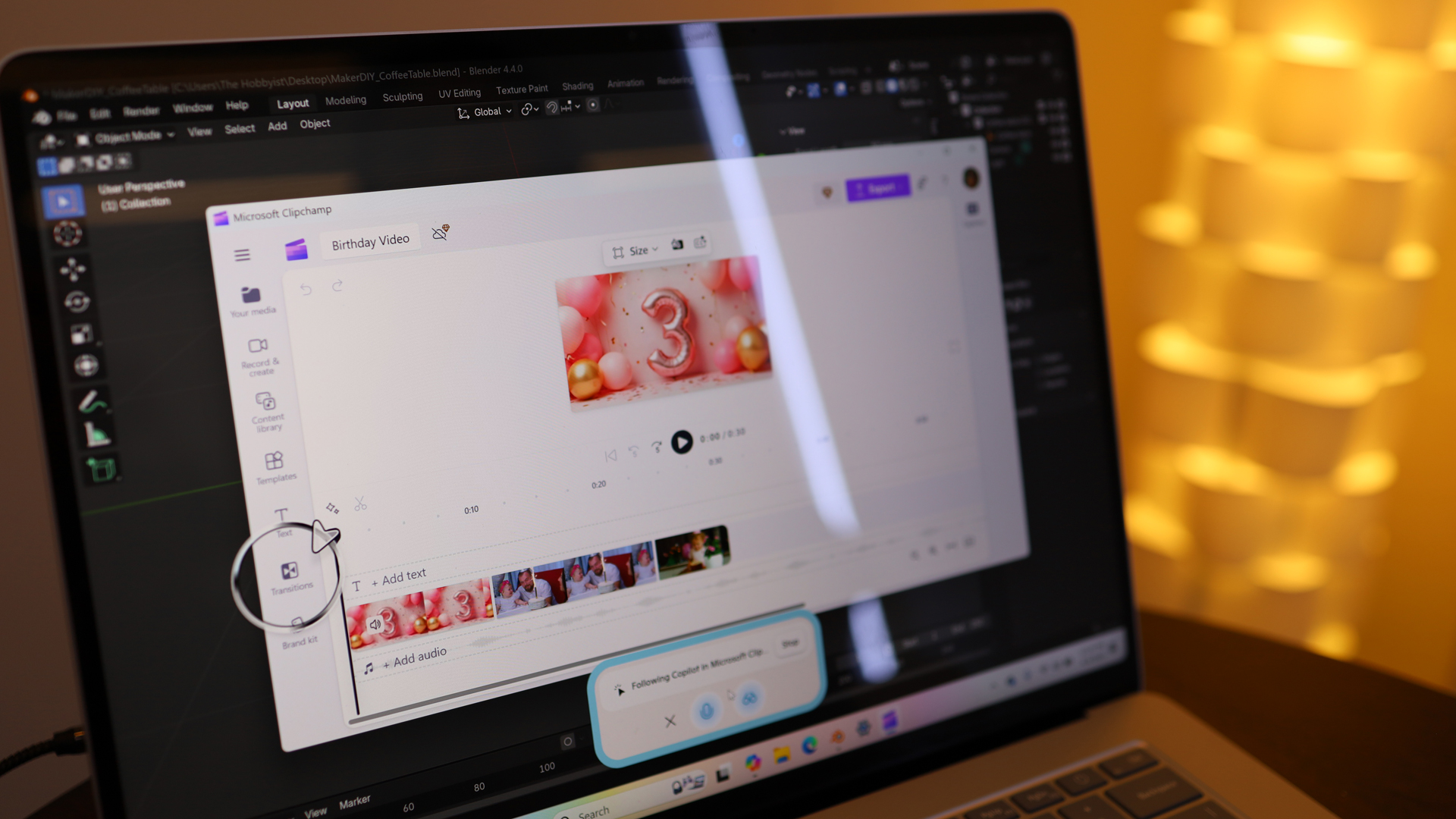






































.jpg)
%20Abstract%20Background%20112024%20SOURCE%20Amazon.jpg)


















